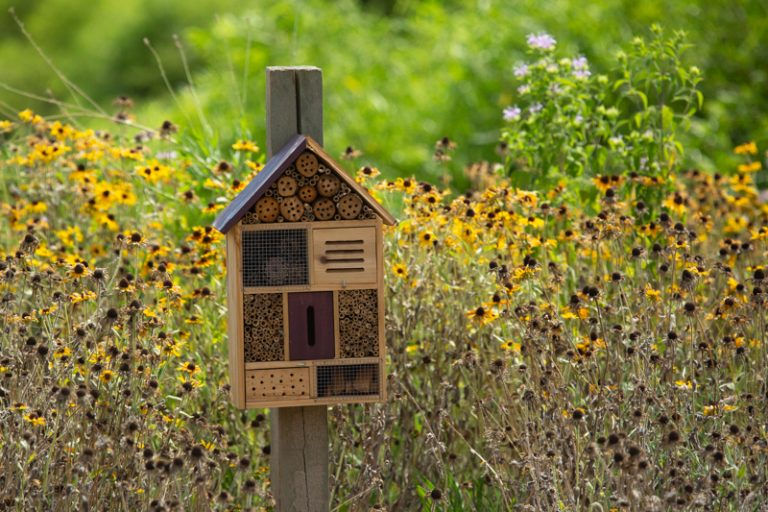8 Ways Our Food Gets Pollinated
- David Burrows

- Dec 30, 2023
- 3 min read
We all know that pollinators play a huge role in the reproduction of most flowering plants, including numerous crops that make up a over a third of our diet. Various pollinators, ranging from insects to birds and mammals, facilitate the transfer of pollen from the male parts (anthers) to the female parts (stigmas) of flowers, enabling fertilization and the production of fruits and seeds. We matched up some common pollinators with the foods that best match their favorite flowers:
Bees:

Honey Bees, solitary bees, and Bumblebees, are prolific pollinators and are responsible for pollinating a wide variety of fruits and vegetables. Some examples include apples, strawberries, blueberries, almonds, and cucumbers. Bees also pollinate herbs like Marjoram, Sage, Lavender, Mint, Rosemary, Thyme, and Basil.
The different nectar and pollen from these plants also create the unique taste of honey produced by the bees. Buckwheat for instance produces a dark, rich less sweet honey vs a tropical fruit which makes a lighter, sweeter honey.
Butterflies:
While butterflies are not as efficient at pollinating as our bee friends, they do contribute to the pollination of flowers, including those of fruits like oranges, lemons, and limes. Additionally, they play a role in pollinating certain wildflowers and herbs like Bee Balm and Sage.
Hummingbirds:

Hummingbirds are specialized pollinators of tubular shaped flowers. They are associated with crops such as tomatoes and certain berries. They are also attracted to brightly colored flowers, and their pollination efforts benefit a variety of non-food producing plants. Hummingbirds can be attracted to your garden with colorful hanging feeders that also help them in-between nectar stops. Also, did you know there are over 325 species of hummingbirds? Because we just learned that!
Moths:
Moths, like butterflies, are important for the pollination of some night-blooming flowers. They are the hard working night-crew and contribute to the pollination of crops such as cherimoya and agave, which are used to produce products like tequila.
Flies:
We know.. you're thinking "ick!", but certain flies, such as hoverflies and bee flies, pollinate a wide range of flowers. Some of their favorite plants are carrots, onions, and various herbs. Their role in pollination is often overlooked but they are essential for the reproduction of many plants.
Birds (other than hummingbirds):

Birds like sunbirds, honeyeaters and even some Wrens contribute to pollinating flowers. They especially help some tropical fruits like bananas, guavas, and passion fruits. Birds also eat slugs and other garden pests so they can naturally replace the use of pesticides.
Bats:
Bats (the other night crew) are important pollinators, especially in tropical regions. Flying out around sunset, bats begin their pollination ritual of fruits like bananas, mangoes, and agaves (used for tequila production). In some cases, they are crucial for the production of certain types of fruits and seeds. Want to attract bats? We've got the best in bat houses for your backyard!
Wind:

Okay, not a species, but wind is important for carrying pollen. Conveniently, March is typically a very windy month and self-pollinating plants benefit from this. Crops like corn, wheat, and rice are all wind-pollinated. These staple grains make up a significant portion of the human diet worldwide. Some plants rely on both wind and pollinators for reproduction.
So, there you have it! Understanding the diverse range of pollinators and the link to specific food crops are just part of the intricate, biodiverse web of ecological relationships that support our global food supply. Sustainable agriculture practices that protect and promote pollinator populations are crucial for maintaining food security and biodiversity.
CAN YOU DONATE? Arkearth needs your donations! It's the end of 2023 and if you're looking for a last minute tax write-off, we are here for you! Every dollar helps us launch more pollination projects, save more pollinating species, educate students, AND lift crop yields! You can make a donation HERE and also.. HERE! We thank you for your support! #savethepollinators



Comments